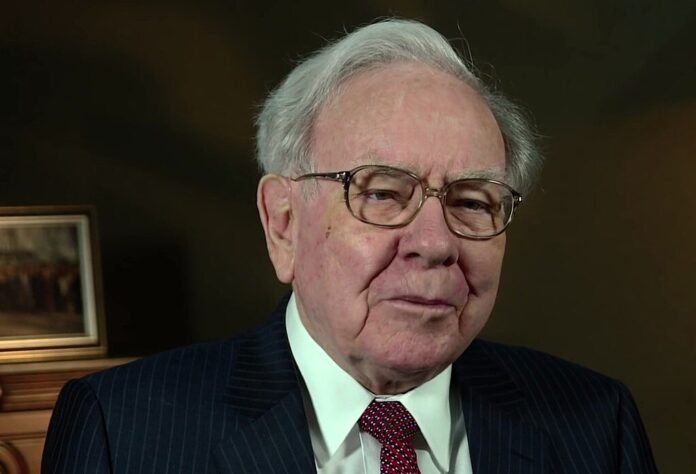Pilot Co. ends oil trading, shifting focus to North America, laying off key traders, sources say.
Warren Buffett’s Pilot Co. has made a stunning move, closing its international oil trading business and ending a brief but ambitious venture into the trillion-dollar global oil market. The company, which has long been known for its network of Pilot Flying J service stations and truck stops across the United States, is now shifting its focus back to its core North American operations.
The decision to shutter the international oil trading division comes as Pilot Co. aims to streamline its business strategy, moving away from the volatile and high-risk world of global oil trading. Sources familiar with the matter revealed that the company has let go of nearly all the employees involved in the trading division, including some notable figures like distillate fuel traders Anthony Hicks and Nghiem Nguyen. Despite this major reshuffling, a small team, including fuel trader Ajai Hari, remains to manage existing contractual obligations, such as those with Ecuador’s national oil company, PetroEcuador.
Embed from Getty ImagesPilot Co.’s international trading operations were established in 2017 when Buffett’s Berkshire Hathaway acquired a 39% stake in the company. Following this, Pilot began hiring seasoned energy traders to expand its trading footprint. However, as Buffett’s Berkshire Hathaway acquired full ownership of the company, Pilot’s international oil trading ambitions began to recede.
In a statement, Pilot Energy President Gary Hoogeveen emphasised that the company’s “core capabilities are focused on delivering reliable fuel supply to our travel centers and customers across North America.” While the company is no longer engaging in international trading, it is not ruling out tapping international markets to meet its own fuel supply needs.
This shift marks a clear pivot for Pilot Co., which had been expanding its energy trading operations in recent years, hiring traders with significant experience in the oil market. However, after Buffett raised his stake in the company to 80% in 2023, the company began trimming its trading operations. Notably, the company let go of 15 employees, including Vice President Steven Hollerbach, as Pilot Co. reassessed its long-term strategy.
The decision to move away from oil trading comes at a time when Pilot’s financial performance has been under pressure. The company’s pre-tax profit halved from over $2.3 billion in 2022 to just $1.06 billion in 2023. These financial difficulties, combined with a legal dispute over the company’s valuation, ultimately led to Buffett’s full control of the company in January 2024.
Pilot, founded by Jim Haslam in 1958, has grown into a major player in the U.S. fuel and travel service industry, operating over 650 travel centers and 75 fuel-only locations. Despite the recent decline in revenue and earnings, Pilot’s North American business remains robust, generating more than $36 billion in revenue in the first nine months of 2024. However, the company’s shift away from oil trading signals a reevaluation of risk and a clearer focus on sustainable growth in its domestic market.
As Pilot Co. moves forward with a more streamlined and less risky business model, the big question remains: will Buffett’s decision to exit international oil trading lead to long-term stability, or will the company’s move leave it exposed to even greater market pressures?
